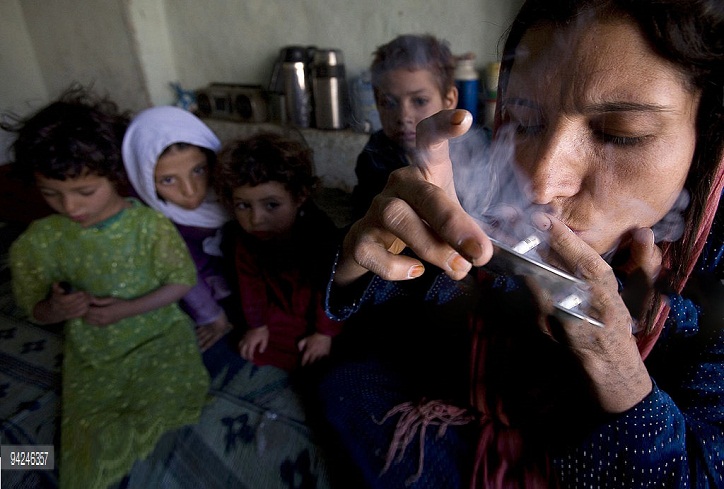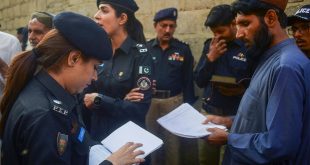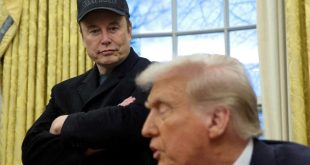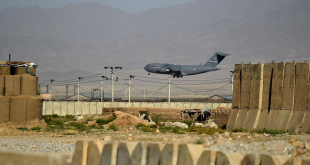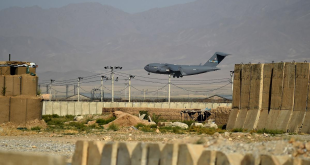AT News Report-KABUL: The High Office of Oversight and Anti-Corruption (HOOAC) rejected Saturday the government’s plan over integrating the body with the Attorney General Office as “illegal”.
The HOOAC officials said that “some mafia and corrupt circles in the government are trying to weaken” the body and give incorrect advices to the leadership of the government.
An HOOAC official, Shamsollah Jawid called on the government to overview the new anti-corruption strategy.
“The HOOAC has foundation, personnel and professional employees. So, there is no reason to integrate this office, while other anti-corruption bodies that are scattered. This is an illegal act,” Jawid said, adding that the attorney general office is a prosecution institution and integration of the HOOAC to that would create a lot of problems.
He added that the office had significant achievements during its activities such as handling the Kabul Bank crisis, embezzlement in the Pashtany Bank, contracts in the ministry of public works, Kabul Municipality’s multi-million dollar contracts and investigation of thousands of acres of government lands that were grabbed.
Government officials refused to comment on the issue.
The Transparency International put Afghanistan fourth in the list of most corrupt countries after Somalia, North Korea and Sudan in 2017.
Analysts call the existence of the anti-corruption office necessary according to the international conventions, saying it was a big mistake to integrate the office to the attorney general office.
“The attorney general office has failed to do its own responsibilities due to lack of professional personnel, so how can it do another responsibility? This is a big mistake to integrate the two offices and the president has to review his decision,” said economic analyst, Younus Fakoor.
But others blame the anti-corruption body for failing to investigate senior former and current official who have cases of corruption.
Fakoor believes that intervention by the former government officials and the existence of corrupt individuals in the current government prevents the anti-corruption office to do its job well.
 Afghanistan Times
Afghanistan Times
